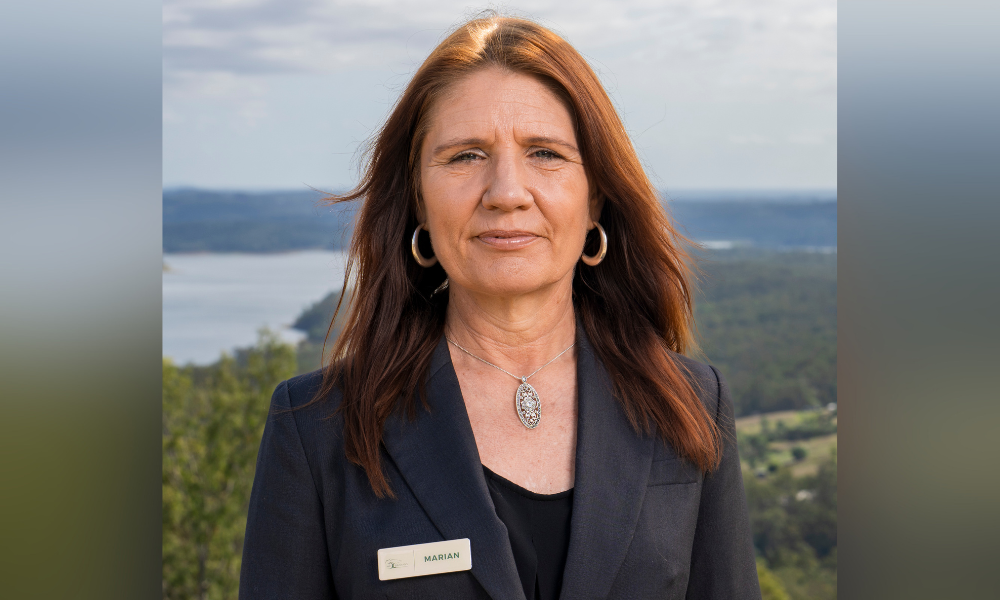
'It all compounds and some people really struggle to ask for help,' says psychotherapist

More than half (55%) of managers say work has had a negative impact on their mental health.
Also of concern? Nearly half (46%) try to resolve mental health issues on their own — and 17% say they don’t have time to seek help.
A tendency among senior managers to self-cope could contribute to social isolation and compound the effects of poor mental health, said Marian Cartwright, psychotherapist and general manager of the Banyans Healthcare.
“There is an increase in stress and exhaustion at work,” she told HRD. “People feel pressure to stay connected to work and keep an eye on updates, so they are not getting a lot of downtime at night or over the weekends, and that decreases the capacity to have that ability to turn off.”
Cartwright said the survey results reflect a 190% year-on-year increase in Google searches for the symptoms of burnout.
“Everyday stress is normal, however, it doesn’t take much to tip it over to leading to burnout or to count as burnout,” she said.
Managers and business owners might see their struggle to cope as a failing, which can lead to changes in behaviour as they skip the gym and turn to cigarettes, alcohol or substances to distract them from stress, Cartwright said.
Poor sleep is also a big problem, she said, along with biological effects such as high blood pressure and an impaired immune function.
“It all compounds and you get a chronic stress situation. Some people really struggle to ask for help.”
An attitude of stoicism can be helpful to a point, aided by an individual’s reserves of resilience, but people cope with emotions differently.
“That might work for some people, but not for others,” she said.
In the year following the pandemic, increased levels of loneliness led to poorer health outcomes across Australia, including less social support for health.
It’s also common for a worker who is under strain to see it as their own fault.
“When you feel like that, it’s difficult to go in and say, ‘Hey, I’m not tracking so well. I need some support,’” Cartwright said. “That stops a lot of people from actually getting the help they need.”
Calls for help are often made after other strategies – and possibly negative ones, such as withdrawing, not exercising, drinking, using substances or putting relationships under stress – have ground the worker down.
“There is a lot of work to do to encourage people to feel comfortable asking for help,” she said.
HR leaders can get ahead of the problem by offering employee assistance programs that might include access to professional support, and by looking over wellbeing allowances included in workplace policies, Cartwright said.
“It could be one day off a month for wellbeing, or allowances for gym membership,” she said. “There are lots of roles that now have six weeks’ annual leave rather than four. People need time to rest and to restore themselves – it’s very important.”
Burnout simmers under the radar but Cartwright lists signs of trouble, including a drop in performance, absenteeism and increased sick leave. That’s when it’s time to step in and ask: “How’s it going?”
“If you already have a culture that promotes wellbeing, then there’s an openness and a chance to say, ‘Actually, I’m not doing so well,’” she said.
A culture of wellbeing in an organisation needs to come from the top.
“If you see your leaders taking leave regularly to support rest and restoration, it normalises [the importance of that],” she said. “If people see their leaders soldiering on seven days a week, then that’s what they will expect they need to do to be successful.”
But Cartwright has some good news on burnout: “It’s completely recoverable, through learning the skills to manage and by changing behaviours and time-management skills.”
She recommended mindfulness techniques and exercise, with efforts to build strong networks of friendships.
“We need to have people around us,” she said. “We don’t recover in isolation.”
In non-manager roles, the survey found 32% claim work has had a negative impact on their mental health, with 49% resolving to manage mental health issues on their own. The survey was conducted for Sana Health Group in October 2023 from a sample of 2,000 Australians aged over 18.